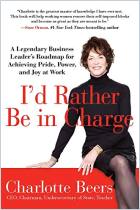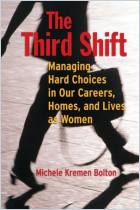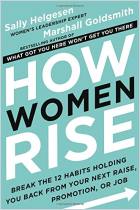
Wander Woman
How High-Achieving Women Find Contentment and Direction
Recommendation
Surprisingly little research has examined why contemporary women leave their corporate jobs for new ones more often than men do. Organizational psychologist Marcia Reynolds interviewed 100 “high-achieving women” to discover why they often change jobs and don’t wait around to climb the career ladder. Their answers are not shocking, but they are enlightening, particularly when they underscore the differences between present-day females in the business world compared to previous generations of distaff trailblazers. Reynolds offers useful case studies, exercises and advice to help women understand their restlessness and find their heart’s desire, whether at work or at home. While her advice is not radically original – and she acknowledges her reliance upon many other sources – she has identified a new cohort of working people: meaning-driven, high-achieving women. And she writes with warmth, candor and clarity. getAbstract finds her book quite constructive for “wander women” seeking answers. However, its insights might also benefit men who want to understand the wander women in their professional and personal lives and who also seek purpose in their work.
Summary
About the Author
Organizational psychologist Marcia Reynolds is president of Covisioning, a corporate training firm. She is a Master Certified Coach.



















Comment on this summary or Démarrer une discussion